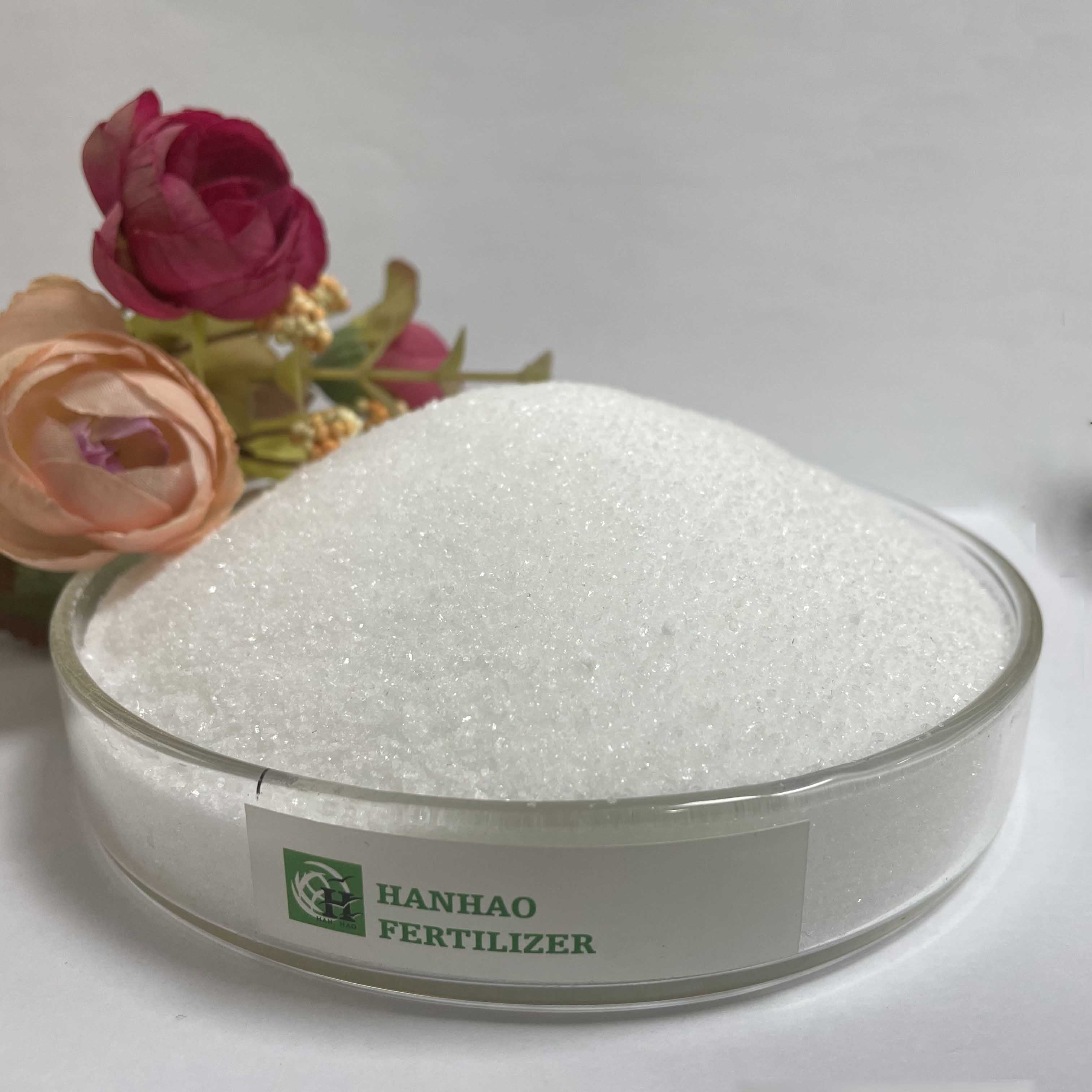
Des . 04, 2024 08:46 Back to list
Sustainable Alternatives to Chemical Fertilizers Using Natural Nitrogen Sources for Agriculture
The Importance and Benefits of Natural Nitrogen Fertilizers
Nitrogen is an essential nutrient for plant growth, making it a critical component in agricultural practices. It plays a vital role in numerous biochemical processes, including protein synthesis and photosynthesis. While synthetic nitrogen fertilizers have long dominated the agricultural landscape, there is a growing interest in natural nitrogen fertilizers due to their environmental benefits, sustainability, and overall impact on soil health.
Natural nitrogen fertilizers are derived from organic sources such as animal manure, compost, cover crops, and legumes. Unlike their synthetic counterparts, which can lead to soil degradation and water pollution, natural fertilizers improve soil structure and health over time. This process results in a more sustainable approach to agriculture that aligns with the principles of organic farming and regenerative practices.
The Importance and Benefits of Natural Nitrogen Fertilizers
Moreover, natural nitrogen fertilizers supply nutrients in a slow-release manner. This slow-release characteristic minimizes the risk of nutrient leaching, a common issue associated with synthetic fertilizers. Leaching occurs when excess nutrients wash away from the soil during rainfall or irrigation, potentially contaminating water sources. By contrast, natural fertilizers gradually release nitrogen, ensuring that plants have a steady supply without the risk of excessive runoff.
natural nitrogen fertiliser

There is also a growing body of evidence supporting the benefits of incorporating legumes into crop rotations. Legumes, such as peas and clover, have the unique ability to fix atmospheric nitrogen through their symbiotic relationship with certain soil bacteria. By including legumes in crop systems, farmers can naturally enhance nitrogen levels in the soil, reducing the need for additional fertilization. This practice not only lowers input costs but also improves biodiversity and soil health.
In terms of environmental sustainability, the use of natural nitrogen fertilizers can significantly mitigate the negative impacts of traditional farming practices. For instance, the application of synthetic fertilizers is associated with issues such as greenhouse gas emissions and the depletion of freshwater resources. Conversely, natural nitrogen fertilizers can support ecosystem balance, aiding in the reduction of carbon footprint associated with food production.
Furthermore, adopting natural nitrogen fertilizers can resonate well with consumers who are increasingly conscious of sustainable practices. As the demand for organic produce rises, farmers who utilize natural fertilizers can market their products to a growing demographic interested in environmentally friendly and health-conscious choices.
In conclusion, natural nitrogen fertilizers offer numerous benefits that extend beyond crop yield. They improve soil health, enhance biodiversity, reduce environmental pollution, and align with sustainable agricultural practices. By prioritizing the use of natural fertilizers, farmers can contribute to a more sustainable food system while meeting the nutritional needs of an ever-growing population. As agriculture continues to face the challenges of climate change and resource scarcity, the shift towards natural nitrogen fertilizers presents a viable solution that benefits both the environment and future generations. Embracing these methods will lead us toward a more sustainable and resilient agricultural landscape.
-
10-10-10 Organic Fertilizer | All-Purpose & Water Soluble
NewsAug.06,2025
-
Organic 10-10-10 Fertilizer for Healthy Plants
NewsAug.04,2025
-
10-10-10 Organic Fertilizer - Balanced NPK Formula
NewsAug.02,2025
-
Premium Organic Manure Compost for Eco Gardens
NewsAug.01,2025
-
Organic 10-10-10 Fertilizer | Balanced Plant Nutrients
NewsJul.31,2025
-
Premium Amino Acid Fertilizer | Rapid Plant Growth Booster
NewsJul.31,2025
